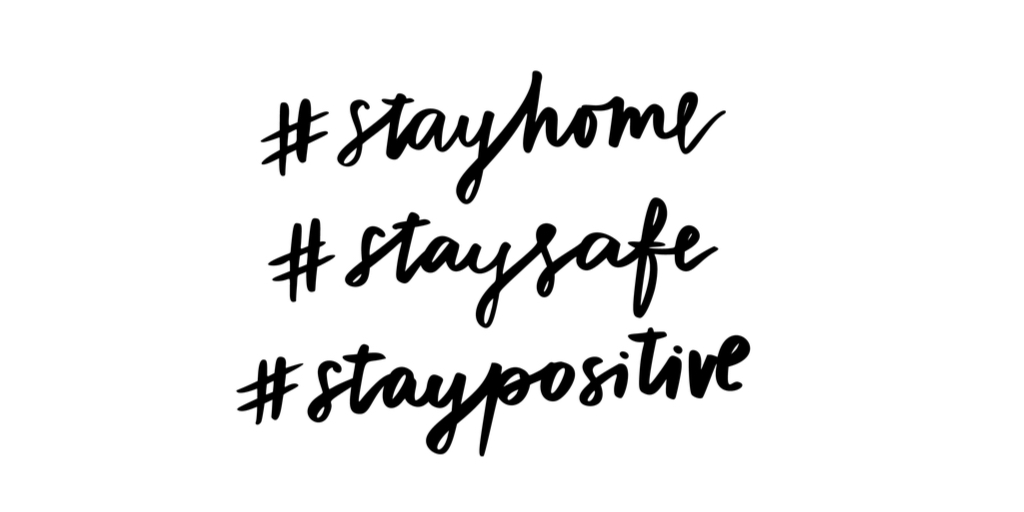On 11 March the Hungarian government announced a nationwide state of emergency due to the COVID-19 virus. The disease was first identified in 2019 in Wuhan, central China, and has since spread globally, resulting in the 2019-20 coronavirus pandemic. The current situation is unlike anything we’ve experienced before – and it may be a lot more difficult to get accustomed to these strange circumstances than we had expected.
During the last few weeks, our lives have gone through a dramatic change: as of now, schools have been switched into distance learning mode, concerts and sport events have been cancelled and most of us are working from home in self-isolation. Meanwhile, the virus keeps spreading across the country, and we all must take action to stop it.
Even experts can’t say for sure how long the current situation will last, but we must do everything we can, not only to help stop the spread of the virus, but to try to carry on with our lives.
Social distancing and self-quarantine: limit the opportunities for transmission
One of the easiest steps you can take towards stopping the spread of the disease is social distancing. Social distancing is a set of infection-control actions that involves increasing the physical space between people. So working and studying from home, limiting face-to-face interactions and skipping handshakes, hugs and high-fives altogether are all simple actions you can take in order to avoid spreading the illness. Keep your distance: wherever possible, stay at least 2 meters away from others and remember –although it mainly affects the elderly, young people are not immune to the disease either.
Please try to follow the guidance on social distancing or you might end up putting yourself and everyone else at risk.
Take care of yourself and others: stay home
While staying home might physically keep us apart, sharing the same experience also has the potential to unite us as a community. Many social media movements such as #StayHome and Stay Home, Save Lives focus on bringing people together by encouraging them to stay home.
Supporting older people who live in the same building as you by helping out with groceries, and calling your elderly relatives daily can make all the difference.
Keep yourself active and motivated
Since you are likely to spend most of your time at home for the next few months, try to make the environment more comforting and functional – rearranging the furniture and separating spaces for different activities such as studying, doing yoga and relaxing can play a tremendous role in maintaining mental wellness while self-isolating.
Try to have as much exercise as you normally would. Remember: it’s not forbidden to go outside – as long as you keep your distance. In fact, getting fresh air has many health benefits: it reinforces your immune system, gives you more energy and a sharper mind.
Figure out a way to be social while social distancing
In light of recent events and the continuing spread of the virus, we tend to focus mainly on our physical health – but let’s not forget about our mental health either, which can be heavily impacted by the far-from-ideal circumstances we have to deal with on a daily basis. Self-isolation, fewer social interactions and other aspects of the pandemic can easily result in us feeling overwhelmed, stressed, anxious or depressed.
Despite the circumstances, we all must find a way to have a social life, which has an essential role in maintaining good mental health.
Be creative with ways to engage with others: use FaceTime or Skype, check in on your family members, friends and neighbours every other day. An online movie night or a phone call with a close friend or loved one can help dissolve feelings of loneliness and anxiety.
And most importantly: stay calm, be kind and take care of each other.




